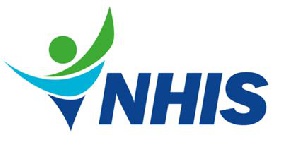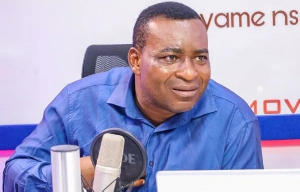Members of the Health Insurance Service Providers Association of Ghana(HISPAG) have given the National Health Insurance Authority(NHIA) four months ultimatum to pay all claims submitted to it or else it would go by what it termed, “cash for drugs” .
What this means is that patients would be made to pay cash for the drugs the facility would administer to them.
At a Press Conference held in Bolgatanga on Saturday, the President of HISPAG in charge of Upper East, Dr Francis Asaanah, said for the past seven months the NHIA had not paid their claims and that was hampering health service deliveries at the health facilities.
He warned that if the NHIA refused to comply by the four months ultimatum, the Association will have no other alternative but to go by cash for drugs system where patients would be made to pay for their own drugs.
“Most of our colleagues have closed their health facilities because of the failure of the NHIA to pay their claims,” the group stated.
The Association also expressed dissatisfaction about the misinformation that the Authority had made payment to providers and that all drugs given by providers must not be paid for. That all diseases should be treated under the Scheme and any service provider who violated these conditions would be sanctioned.
The President pointed out that the Scheme did not cover all diseases and as such, such statement were unwarranted and must be discarded and demanded for a stakeholder forum to involve the Authority, Ghana Health Service and major stakeholders to educate the public on the issues or else it would also resort to the Media to educate the public.
The Members also called on the NHIA to allow them submit their claims at the Bolgatanga office of the NHIA instead of traveling to the Tamale office to submit claims at the Claim Processing Centre.
“All members in the Bawku area have been submitting claims to the Claim Processing Centre in Tamale since May, 2014. This poses a lot of risk and financial constraints to members”. The President of the Association said.
Mr Epsona Ayamga, who owns the Asankundi Clinic, said that the situation was compromising quality health care delivery and if nothing was done to save the situation it could degenerate into something worse.
Health News of Wednesday, 3 December 2014
Source: GNA













